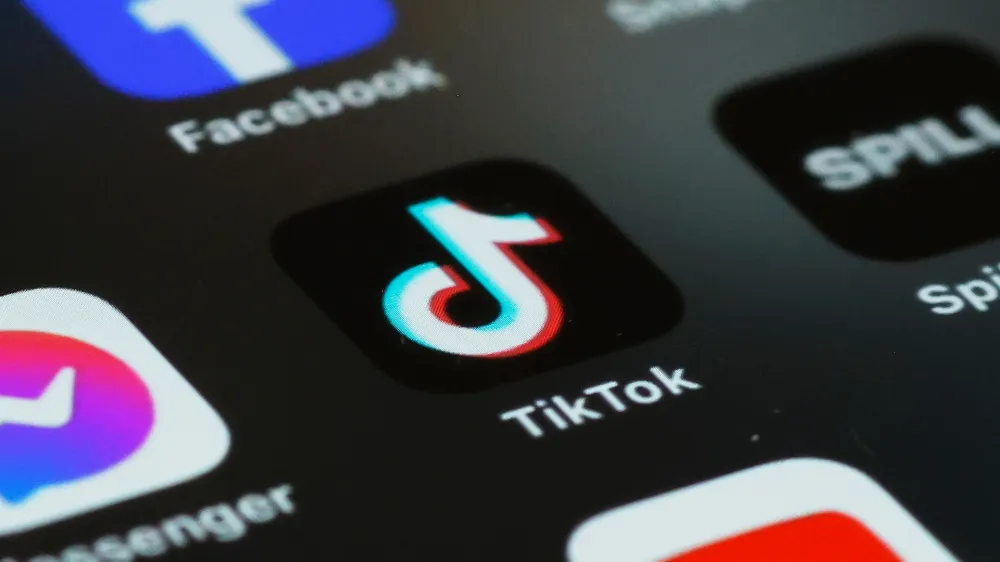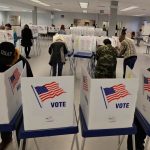President-elect Donald Trump has requested the U.S. Supreme Court to delay a potential ban on TikTok, in order to find a way to preserve the app. A new federal law requires TikTok’s parent company, ByteDance, to sell its U.S. operations to a non-Chinese company by January 19, the day before Trump is inaugurated. This law, which was passed with bipartisan support, stems from concerns that TikTok’s ability to track and collect data on its 170 million American users poses a national security risk.
During his first term, Trump was an advocate for banning TikTok, citing national security threats. However, his stance has shifted, especially after he successfully engaged younger voters through the app in 2020. Trump, who has 14.7 million followers on TikTok, expressed that he has “a warm spot in my heart” for the platform, though he continues to consider it a national security concern. His change in position appears to be a result of TikTok’s significant influence on young voters.

The Supreme Court is set to hear TikTok’s First Amendment challenge to the law on January 10. In a brief filed with the Court, Trump stated that while he does not take a stance on the core legal issues, he warned against setting a dangerous precedent regarding government censorship. Trump argued that allowing the government to shut down a major social media platform based on concerns over specific speech could have serious global consequences.
This change of heart is notable given Trump’s previous efforts to ban TikTok through an executive order in 2020. The order required ByteDance to divest its U.S. operations or face sanctions, citing the threat of Chinese government surveillance and espionage. However, a federal judge blocked the ban, ruling that Trump had exceeded his authority. Despite this, Trump had continued to label TikTok a national security risk while acknowledging its cultural impact on younger Americans.
Trump’s shift in position seems to be influenced by meetings with key figures, such as Jeff Yass, a major Republican donor with financial ties to TikTok’s parent company. Critics have raised concerns that such connections may affect policymaking. Trump also met with TikTok CEO Shou Chew, and TikTok executives have reached out to Elon Musk, who owns X (formerly Twitter), as they seek to navigate the political challenges surrounding the app.


